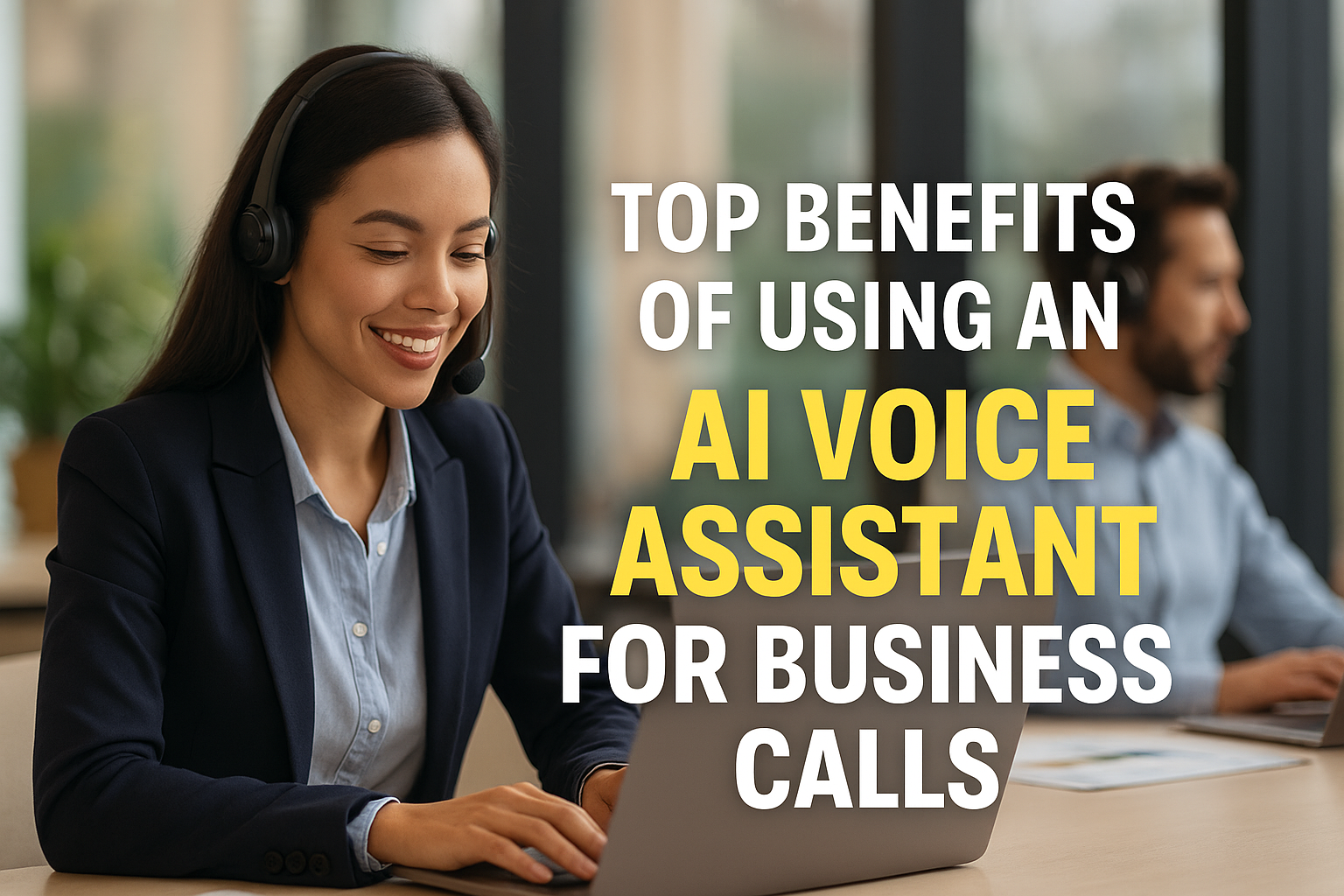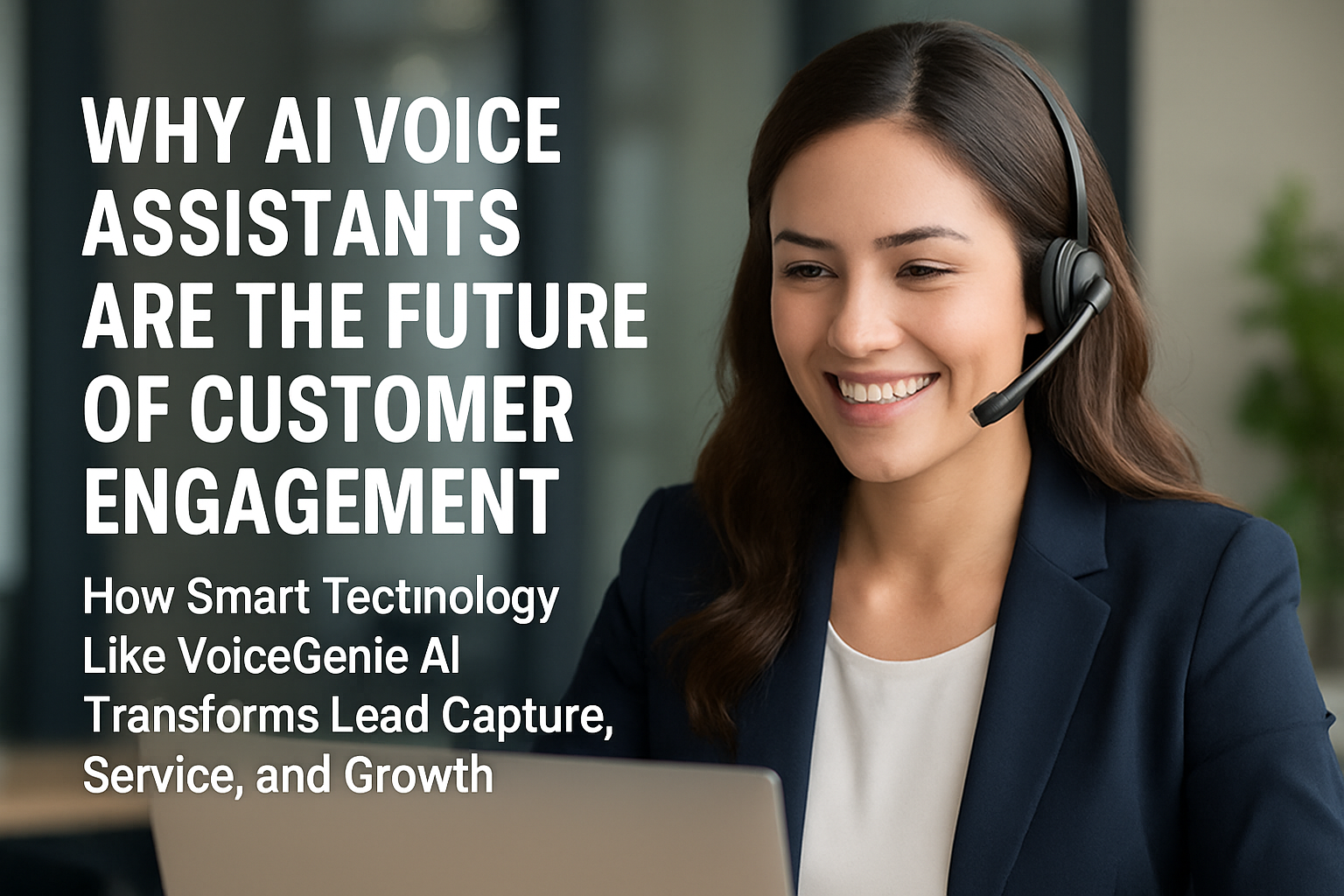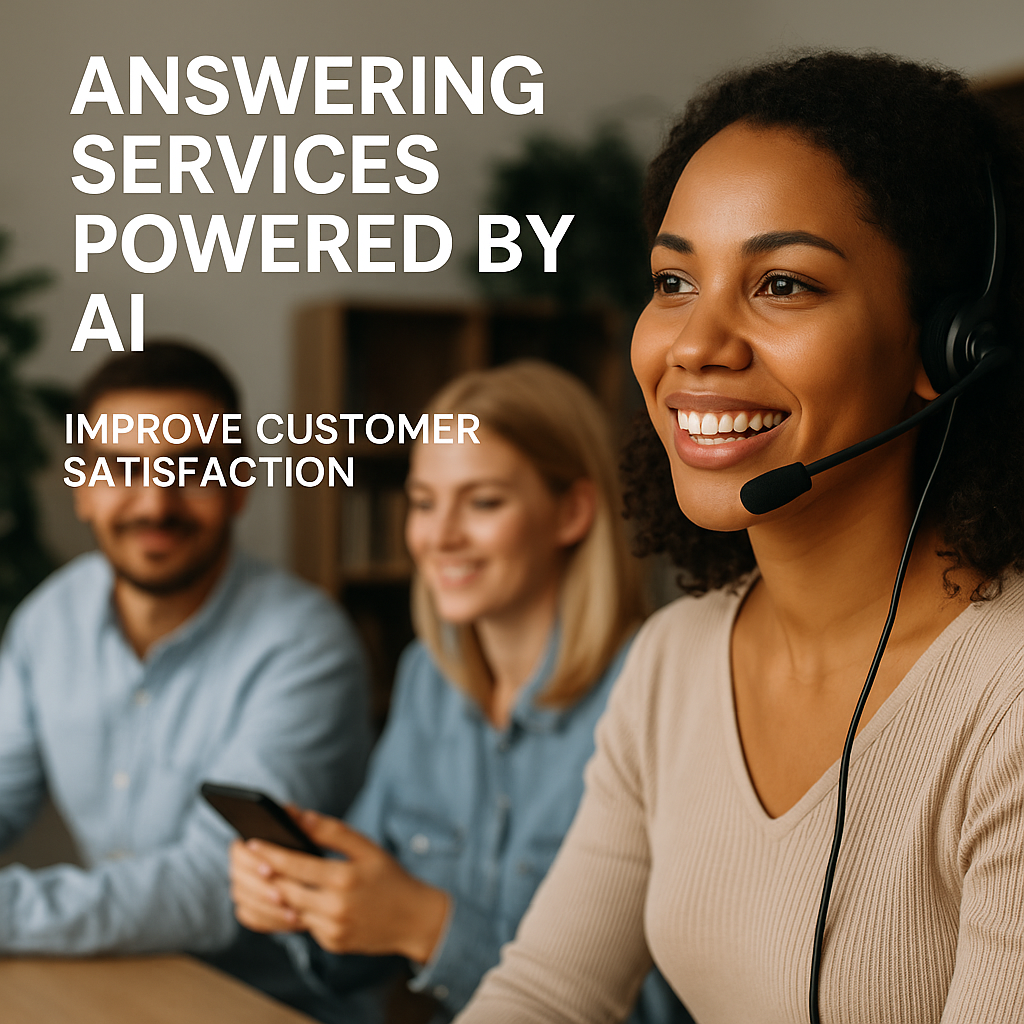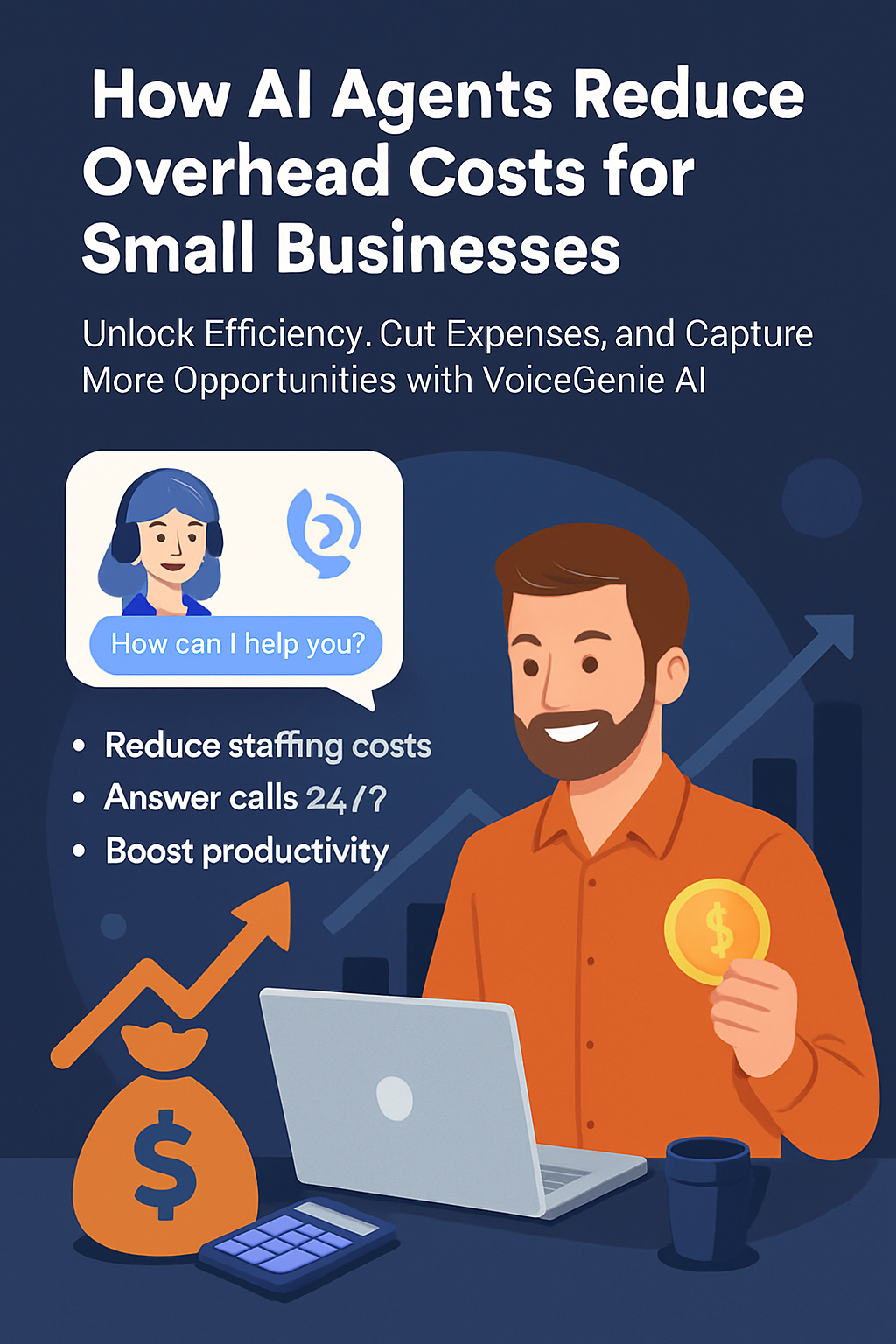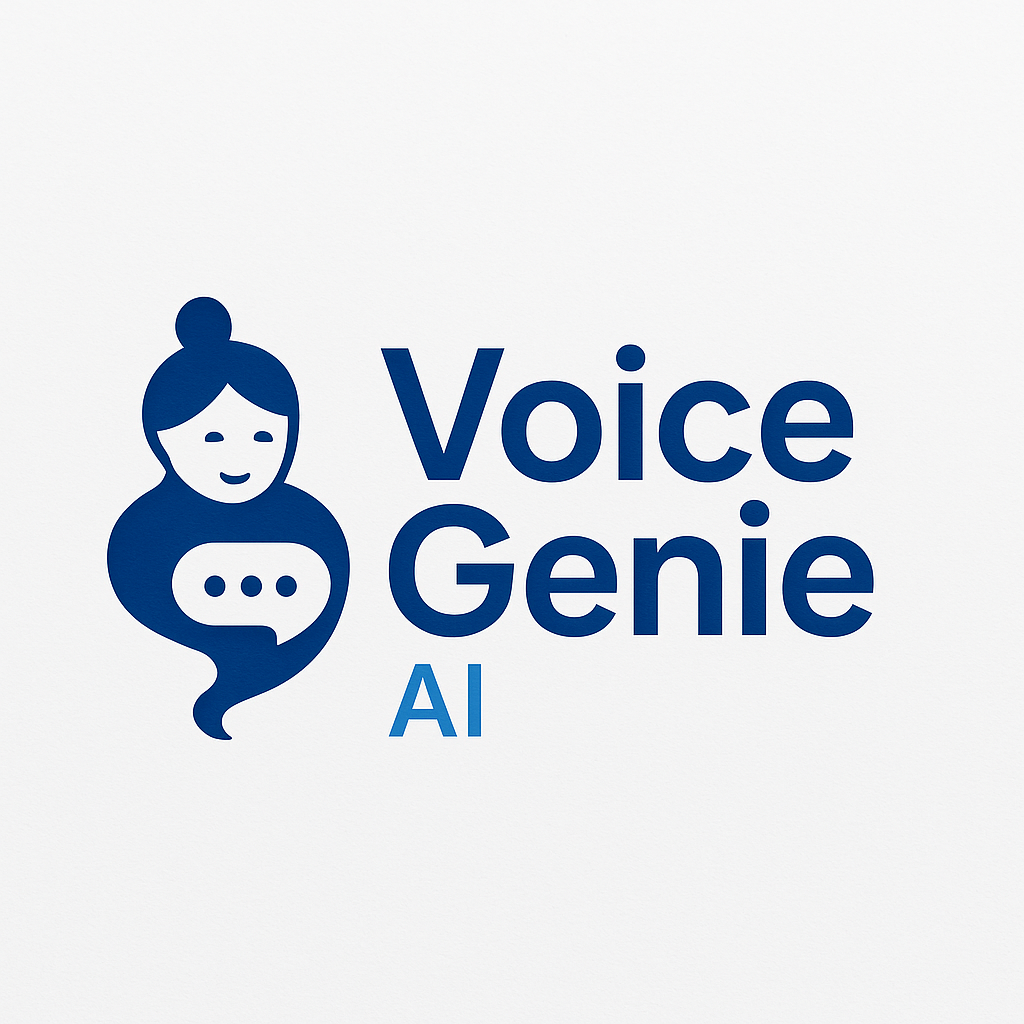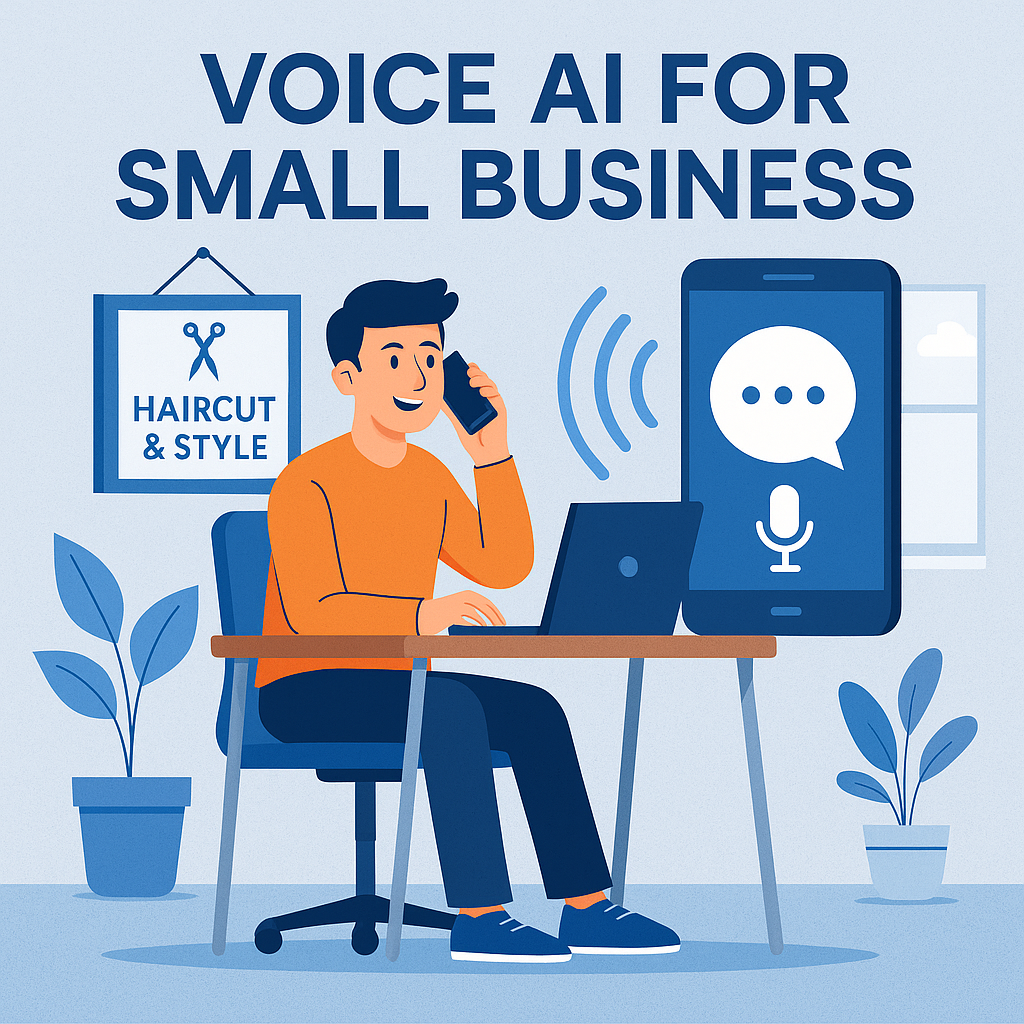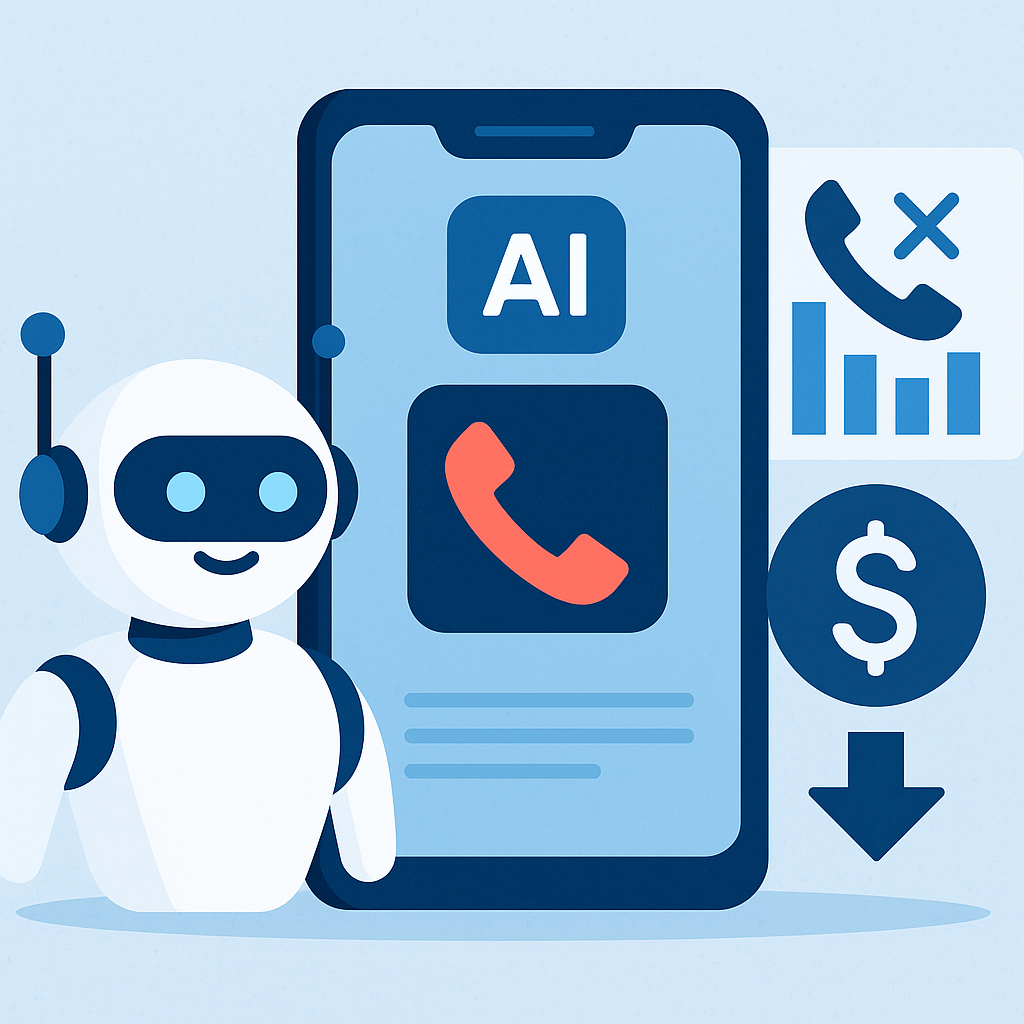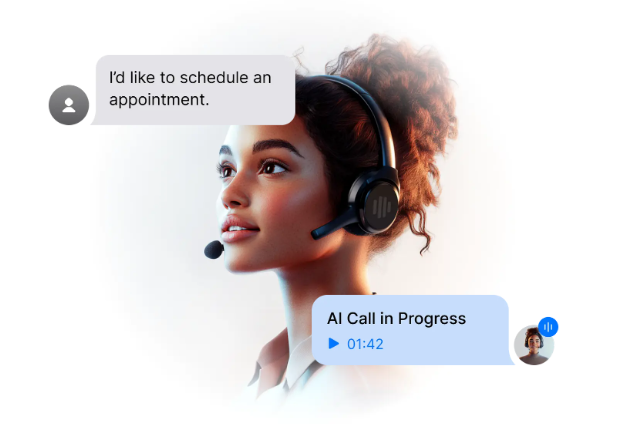6 Outdated AI Marketing Trends to Retire in 2025
As AI continues to evolve, certain marketing tactics are becoming obsolete. Just like an engine past its prime, some AI strategies are now sputtering while technology speeds ahead. Let’s explore the AI trends that need to be retired and why they’re no longer effective.
1. Basic Chatbots
Then: Originally powerful for automating simple tasks, early chatbots relied on programmed scripts and struggled with complex customer needs.
Now: With increased expectations for personalization, today’s consumers demand AI-driven assistants with dynamic interactions. Advanced models like GPT offer personalized, complex query handling, vastly improving customer service experiences.
2. AI-Powered Social Media Monitoring
Then: Initially focused on keyword-based sentiment analysis, early models offered limited insights into consumer feelings.
Now: Advanced AI models offer deep contextual understanding across multimedia, enabling brands to respond to real-time shifts in sentiment and enhance customer loyalty.
3. Predictive Analytics Based on Historical Data
Then: Historically used to forecast buying patterns, these models shaped personalized offers.
Now: Real-time data integration has overtaken historical predictions, allowing businesses to adapt dynamically to customer needs and ensuring accurate personalization.
4. Simple Predictive Product Recommendations
Then: Early systems relied on past behaviors, providing basic recommendations.
Now: AI delivers context-aware suggestions, analyzing real-time data and predicting lifestyle changes, offering truly personalized experiences.
5. Voice Search Optimization
Then: Once a major trend due to the rise of voice assistants, brands focused on voice SEO.
Now: With limited consumer adoption, the shift is towards interactive voice commerce, providing task-driven experiences beyond simple searches.
6. AI for Customer Segmentation Based on Basic Demographics
Then: Early models used static demographic data for customer segmentation.
Now: AI now offers dynamic segmentation using psychographic and behavioral data, allowing for highly personalized marketing efforts across multiple platforms.
Leveraging AI for Hyper-Personalized Marketing Success
Modern AI techniques are advancing from basic strategies to sophisticated tools driving real results. Businesses that adopt these innovations will thrive by meeting consumer expectations and staying ahead of technological changes.
ApptFlow 30 exemplifies this shift by providing a pay-per-appointment model that guarantees 30 qualified appointments in 30 days, using advanced AI techniques for superior client acquisition. This approach ensures businesses receive high-quality leads and predictable growth, freeing them from outdated marketing struggles.

